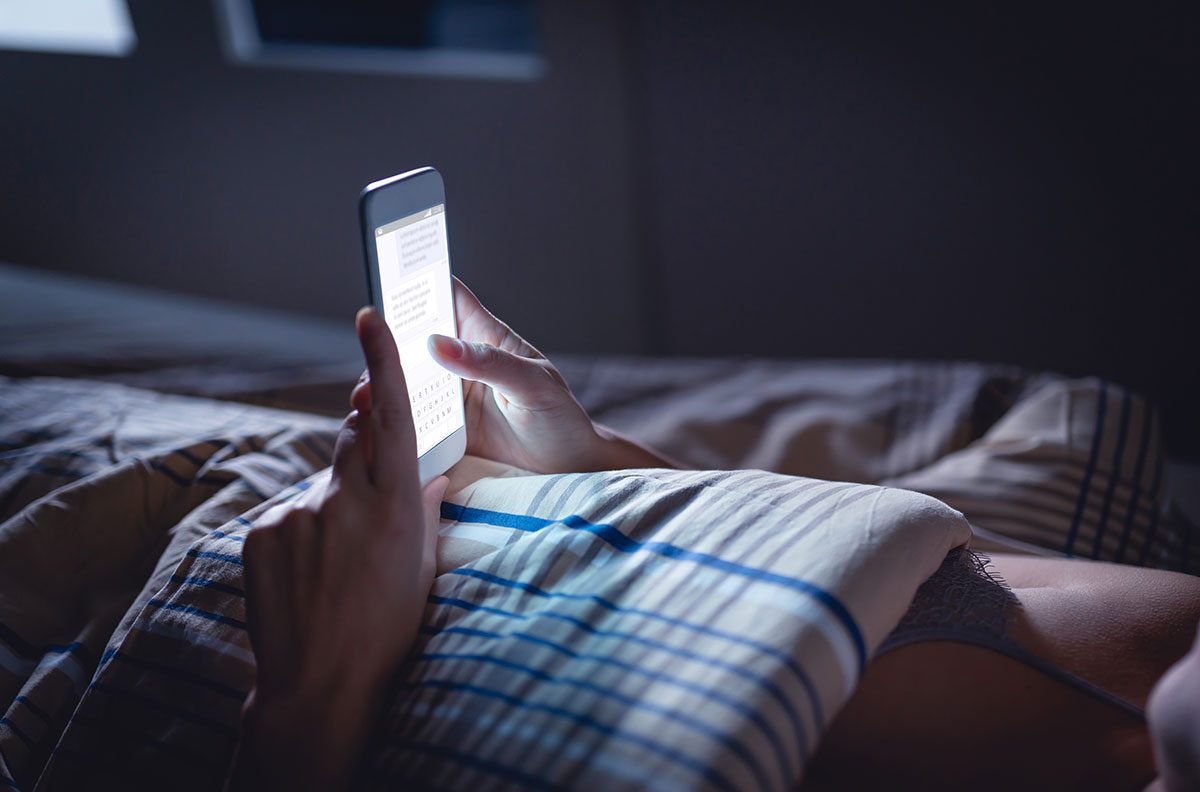One of the biggest questions about the effect of social media on our sleep cycles has to do with teenagers. I’m sure by now you’ve heard about the many cases of sleep deprivation and insomnia associated with over-use of social networking sites such as Facebook, Instagram and Twitter.
These sites are extremely popular among teenagers, and they continue to be popular well into their adult years. Many adults are just as hooked on these sites as teenagers are. It’s not that they couldn’t figure out ways to go to sleep or couldn’t afford to get to sleep more; it’s the fact that we live in a time when instant gratification is the norm. Everyone’s busy, and sleep can be difficult to acquire sometimes.
While we might chalk it up to be a case of technology working for us, there are many potential explanations for why this type of social interaction is having such a profound impact on our sleep cycles. Social interaction, even passive, has a strong effect on our circadian rhythms.
A study done at the University of Minnesota suggests that the way we interact online and off can actually affect the amount of sleep we get. The study compared the sleep patterns of people who participated in social media sites and those who didn’t.
The results were quite remarkable. The social media group had significantly less deep sleep than the non-social media group did. This study showed that the way that we socialize online can actually be an insomnia solution! This is one of the most cutting-edge insights into the relationship between sleep and social media that we have ever seen. The implications go far beyond the current discussion and should serve as a caution to anyone struggling with insomnia (particularly when using mobile phones).
How does Social Media impact us?
On a daily basis, we are exposed to social media sites that constantly play upon our emotions. In particular, this means that we are constantly posting messages which tell us that we are happy, sad, excited, or tired. As a result, these types of sites actually have the effect of making us feel psychologically anxious and consequently less sleepy during the night.
We find ourselves being drawn into these sites, unable to escape them, at least for a period of time. We are drawn into the activities and conversations which these sites promote. In fact, many of us spend hours every day locked in online chat rooms, engaging with people we barely know.
Everyone is in a race to get more Instagram followers, which creates an atmosphere of competition among individuals. Their obsession with these numbers is becoming really worrisome and must be addressed at suitable forums.
Best way to figure out that how disturbed sleep cycles affect our bodies
So, how can we make sure that the social media that affects us during our sleep cycles isn’t affecting our bodies? Luckily, there are some very simple ways to counteract this. First of all, we need to ensure that we are not spending too much time in front of the computer when we should be asleep. Secondly, we need to ensure that we are not chatting with people we don’t know in person, and we also need to ensure that we limit ourselves to chatting with our online friends for no longer than three to four hours at a time.
Can these methods really help me to reduce the use of Social media?
If we use these methods we will see a reduction in the amount of time spent in front of the computer during our sleep cycles. And this means that we will get more sleep! What about you – are you sleeping better as a result of the information that this article has provided you with?
Conclusion – Impact of Social Media on our sleep cycle
It certainly seems to be an issue. However, it doesn’t mean that we simply have to put up with it. All we need to do is follow the suggestions above, and we will find that we are sleeping better throughout the night.


